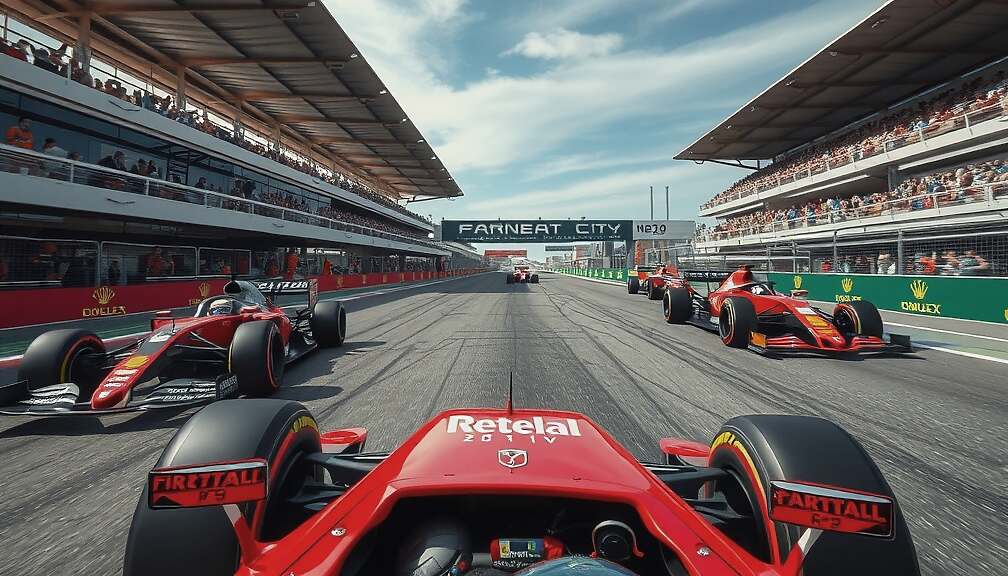The dominant performance of Max Verstappen at the United States Grand Prix in Austin has reignited the conversation surrounding the widening gap in Formula 1’s competitive landscape. The Red Bull driver secured a commanding victory on Sunday, marking his third win in the last four races and solidifying his position as a formidable force. While the result itself is not a surprise – Verstappen’s consistency this season has been remarkable – the margin of victory and the subsequent implications for the championship standings raise crucial questions about the sport’s evolving dynamic.
Verstappen’s start-to-finish lead underscores a concerning trend: the increasing difficulty for rival teams to challenge Red Bull’s advantage. While Lando Norris (McLaren) and Charles Leclerc (Ferrari) managed to secure podium finishes, the substantial distance separating them from Verstappen highlights the ongoing struggles faced by other constructors. The pressure now intensifies on McLaren and Ferrari to address the performance discrepancies and develop strategies to genuinely compete for race wins rather than simply aiming for damage limitation.
The current standings tell a complex story. Despite Verstappen’s continued success, he trails both Lando Norris and Oscar Piastri in the driver championship. This demonstrates that while Red Bull’s individual brilliance remains undeniable, the collective performance of McLaren is posing a stronger challenge overall. This could force a reassessment of Red Bull’s strategic approaches and inspire further innovation to maintain its lead.
The presence of drivers like Lewis Hamilton (Ferrari), George Russell (Mercedes) and Fernando Alonso (Aston Martin) further down the order, while showcasing individual skill, also serves as a stark reminder of the challenges facing those teams. The costly development races and resources expended to consistently reach the front of the grid are coming under increased scrutiny, particularly as regulatory changes are discussed and planned for future seasons. The sport’s governing body, the FIA, now faces pressure to ensure a balanced playing field and prevent one team consistently overshadowing the others, as this could ultimately impact the long-term appeal of Formula 1.












